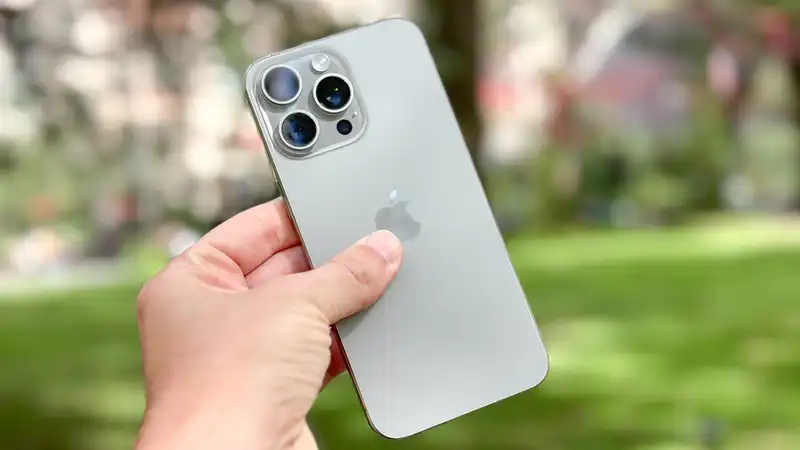Apple has had a testy history with the Right to Repair movement. Historically, the company opposed giving users the right to repair their own devices, but then changed course, offering self-service repairs and supporting California's Right to Repair bill. Now, however, it has come to light that Apple is lobbying against the very same thing in Oregon. [because the two bills are slightly different. California's SB 244 would require companies to provide tools, parts, and documentation to customers and independent repair stores so that broken gadgets can be repaired without manufacturer involvement. Oregon's SB 1596 goes a step further and prohibits the pairing of parts.
Parts pairing is used by companies to ensure that self- and third-party repairs are done with genuine parts. In Apple's case, iPhone parts like the screen and battery must be "paired" to the device using Apple's system configuration tools. If this is not done, the user will receive an alert that a non-genuine part has been installed, and other features may not work until the alleged problem is fixed.
Previously, self-repair users were required to contact Apple to initiate this pairing process, but this changed last year. Users can pair parts themselves if they are using genuine parts.
SB 1596 would prohibit part pairing and prevent manufacturers from "preventing or inhibiting" repair shops or device owners from installing replacement parts, including parts not approved by the manufacturer. The bill adds that it would not only prohibit alerts and warnings about "unidentified" parts, but also the resulting reduced functionality.
However, John Perry, a senior manager on Apple's secure design team, testified that Apple uses part pairing "to facilitate repairs" and to "keep devices and data secure." Perry argued that the anti-parts pairing provision would "force device manufacturers to allow the use of parts of unknown origin and consumer devices, compromising the security, safety, and privacy of Oregonians."
Perry added, "Consumers have the right to choose the parts they use for repairs if the repair history is transparently reflected on the device and the use of the parts does not threaten consumer safety, security, or privacy."
This sounds to me like Henry Ford saying, "You can choose any color you want as long as it's black." I suppose Apple is trying to say that as long as you choose a component from the list of Apple-approved components, you are free to choose any component you want. If you think about it, there is not much room for choice. Likewise, repairs are not really "easy" if the parts you use are limited and you have to go through several steps to properly activate them.
Apple has changed its attitude about repair rights in the last few years, which is definitely a good thing. With parts, tools, and repair manuals becoming more readily available, repairing devices is much easier than it used to be. Still, it is clear that Apple is not yet ready to completely relinquish its control over self-repair.
Hopefully, legislation will be enacted in the near future that will change this situation.










Comments